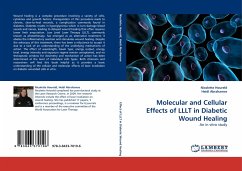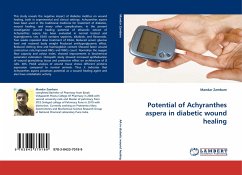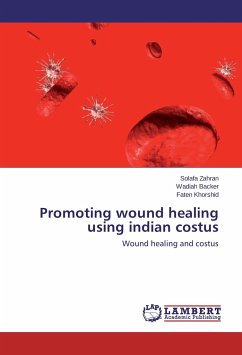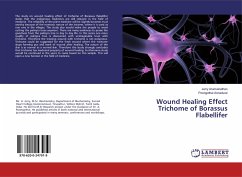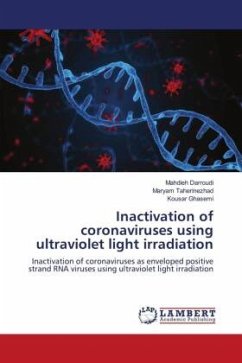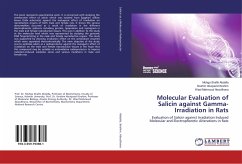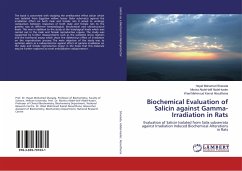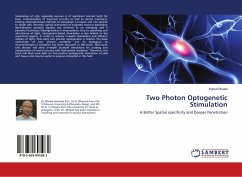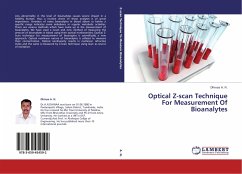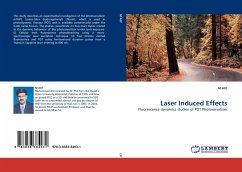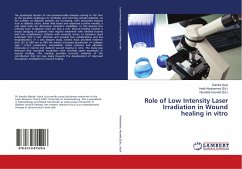
Role of Low Intensity Laser Irradiation in Wound healing in vitro
Versandkostenfrei!
Versandfertig in 6-10 Tagen
58,99 €
inkl. MwSt.

PAYBACK Punkte
29 °P sammeln!
The quadruple burden of non-communicable diseases coming to the fore as the greatest challenges to morbidity and mortality include diabetes. As the number of diabetes patients are increasing, with associated impacts such as diabetic ulcers, lower limb losses and expensive curative models, a real need exists for alternative treatment modalities. In this domain low intensity laser irradiation (LILI) can play a role. Wound healing involves a broad category of patients who require treatment with minimal trauma and few complications. Patients with wounds, burns, or bedsores need treatment that is f...
The quadruple burden of non-communicable diseases coming to the fore as the greatest challenges to morbidity and mortality include diabetes. As the number of diabetes patients are increasing, with associated impacts such as diabetic ulcers, lower limb losses and expensive curative models, a real need exists for alternative treatment modalities. In this domain low intensity laser irradiation (LILI) can play a role. Wound healing involves a broad category of patients who require treatment with minimal trauma and few complications. Patients with wounds, burns, or bedsores need treatment that is fast, effective and involves few complications and less hospitalization. In a very elegant study, Sandra Ayuk provided evidence that LILI at 660 nm or 830 nm induce increased production of collagen type I (Col-I) production, extracellular matrix proteins and adhesion molecules in normal and diabetic wound healing in vitro. The study also deduced that increased incubation time increases gene expression in wound healing. This reading provides concrete evidence of the contribution that LILI may make towards the development of improved therapeutic modalities for wound healing.



